I recently attended the Spring Concert for my grand-kids at their private school. It was perfectly orchestrated performance fully attended by parents and grandparents who applauded appreciatively for every sound and song. The program was a charming event that showcased the musical progress these elementary school children had made over the year. The children were singing songs and playing tunes from the ’60s and each was dressed in fabulous outfits purchased from Amazon. I loved the whole show.
One song toward the end of the program, however, gave me pause. The lyrics contained two potentially problematic verses:
“May your roads always be paved” and “May you always have a free pass.”
Hmm, here were privileged children who are dropped off each morning in their parents’ Porsches, BMWs, and Tesla’s wishing for paved roads and free passes.
Having just read Nicholas Kristof’s accounts of his trip to Guatemala visiting poor, malnourished children, it didn’t seem to me that paved roads and free passes represented the best developmental opportunities for these kids.
Hey, I acknowledge that my life journey has not had a lot of pot holes. My parents paid for my education, so I was able to graduate from college with no student debt. When I got out of the Army and moved back to my hometown, my Dad “employed” me as a researcher for his sales business until I went back to graduate school. Paved road.
When I was in high school, I once drove the wrong way up a one-way exit ramp off an expressway and then tried to outrun a cop who had witnessed the transgression. I popped the electric garage door opener as I sped into our driveway and slinked into the living room to see if I had successfully evaded the officer. Knock knock. “Yes, Mr. Bellingham, I just followed your car to your house after observing some pretty reckless driving. Could you tell me who was driving the car?” My dad replied, “Yes officer, that would be my son.” I had to appear before a judge the next week. My Dad was President of the City Council and a member of the school board. The judge gave me a slap on the hand and sent me on my way. Free pass.
Paved roads and free passes can also be a good thing.
Over the past few years, we have visited many of the national parks: Yosemite, Bryce, Zion, Yellowstone, Arches, and Glacier.
Entry fees are not prohibitive and the roads are well maintained making it easy to view as much of the parks as time and energy permits.
The parks are a result of collaborative efforts between private citizens and Congress. They represent a real testament to the benefits of good government and thoughtful stewardship.
Paved roads and free passes for all.
Also, people like Ruth Bader Ginsburg and others have paved the road for young women aspiring to professional careers.
Paving the road for others is a noble pursuit.
The question is, at what point does too many paved roads and free passes cause more harm than good? The recent revelations of rich parents bribing people to get their kids into great schools clearly crosses the line. And, clearly, the current occupant of the White House exemplifies the deleterious consequences of a life filled with paved roads and free passes.
For me, it’s a hard call. I’ve tried to give my kids as much support as I could without crossing the line. Financially, I’ve never been in a position to give million dollar gifts to colleges where my kids were applying, but my wife and I have always paid for their education. In retrospect, I’ve probably gone on too many rescue missions where my kids have forgotten something, and I bailed them out instead of letting them deal with the consequences.
I’m just not sure how you build character when all your roads are paved and you always get a free pass for whatever mistakes you make along the way.
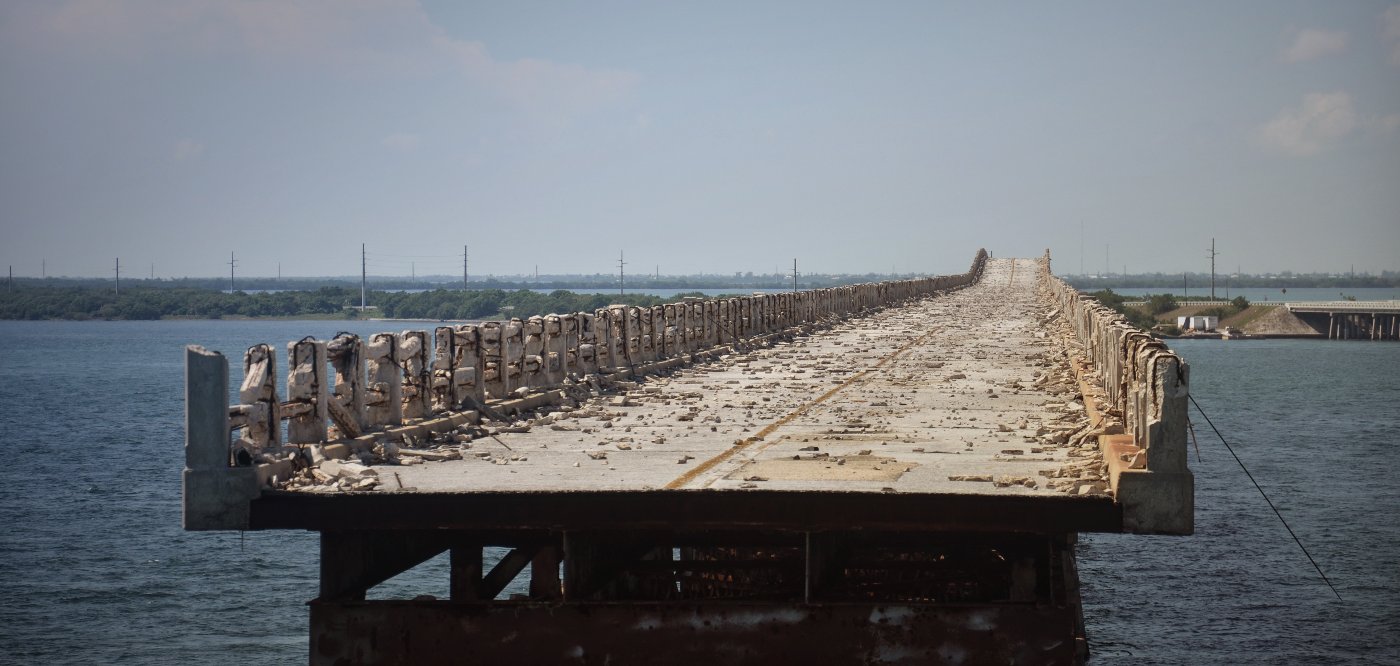
Kids who grow up in poverty don’t have those advantages, and kids who grow up in privilege may miss the opportunity to find out what they are made of when they have to navigate muddy roads, broken bridges, and harsh penalties for any small errors along the way.
Here are some interesting facts. Only about 10% of kids attend private high schools, but they account for about 40% of Ivy League admissions. Average SAT scores in public schools is 1060 compared to 1235 at private schools. There are several reasons for this difference: private schools are selective, kids in those schools are more likely to get extra tutoring, and there are dedicated counselors for college admissions in most private schools. To compound the problem, Ivy League and other top schools typically admit legacies at two to five times their overall admission rates. Harvard, for example, admits about 33% of leg
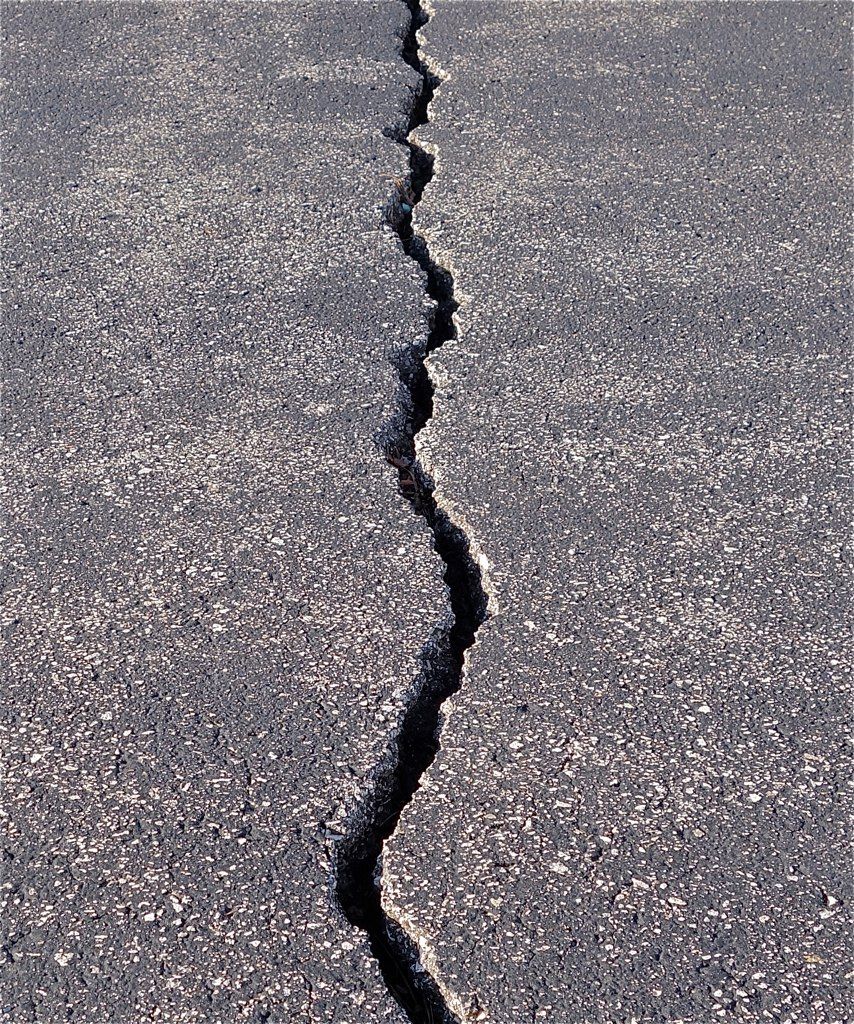
acy applicants, compared to less than 6% overall. It is highly likely that many of the legacy applicants also attended private schools. Paved roads.
On the other end of the poverty to privilege continuum, we have the tragic legacy of 250 years of slavery.
African American comprise about 13% of our national population, but one third end up in jail sometime during their life.
Legacies work both ways.
Prisons produce future prisoners. Privilege produces more privilege and privatized motives.
Even more perversely, the rich want publicly paved roads to their private estates.
Many rich people lobby for smaller government, but they expect to have world-class infrastructure to support their businesses and pothole free highways to provide access to their private assets at public expense.
A recent article reported that 100 U.S. families now own 42 million acres of land. As they are accumulating more and more land, they are allowing less and less access to their property.
Enjoyment is for their exclusive use. Private property. Private beaches. Private clubs. Free passes for the privileged.
To compound the problem, big businesses are buying up starter homes making them unaffordable for first time buyers.
In short, the road from poverty to privilege (or even a decent middle-class life) keeps getting steeper.
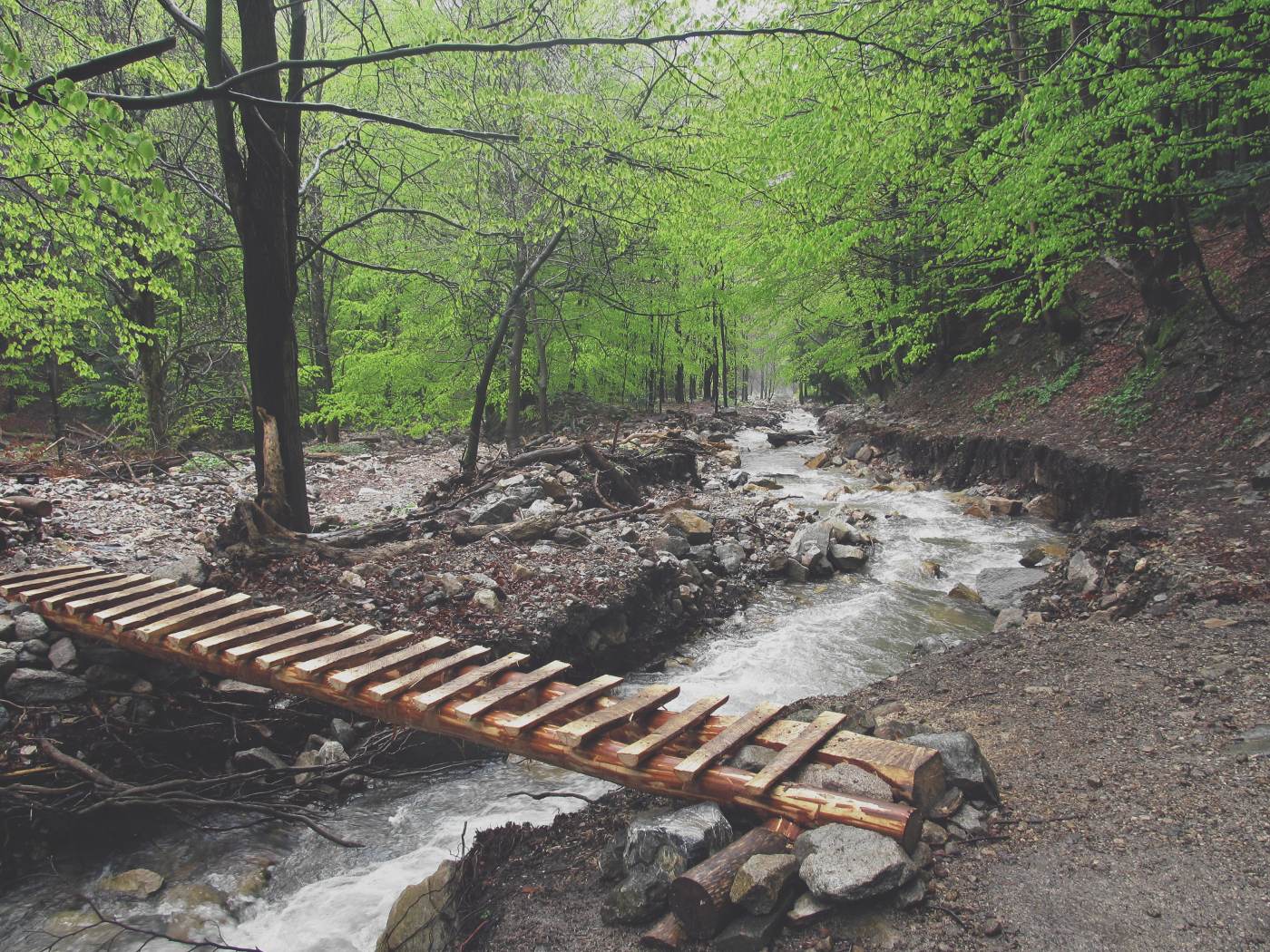
Look, I’m going to continue to support my kids and grand-kids to whatever extent I can, but I need to own the fact that I’m contributing to an uneven playing field and perpetuating the problem. For me, the questions are 1) When does supporting morph into spoiling and 2) What is my responsibility to help each kid get a fair shot?
Hopefully, I will be sitting in the front row next year celebrating the 2nd grade growth of my grand-kids. In the meantime, I’m planning to introduce them to some less-than-paved roads and resist the temptation to give them a free pass for every naughty behavior they exhibit.
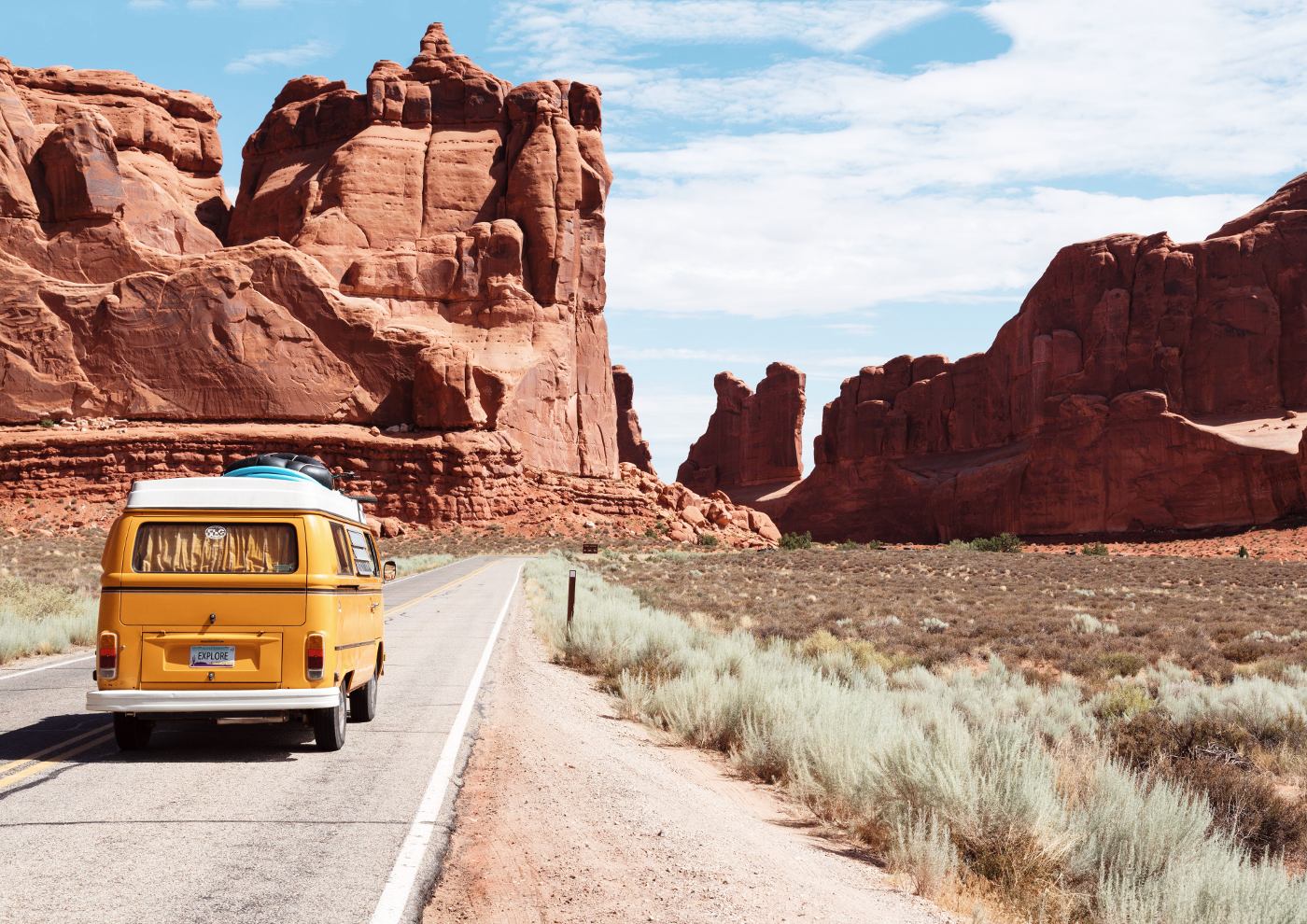
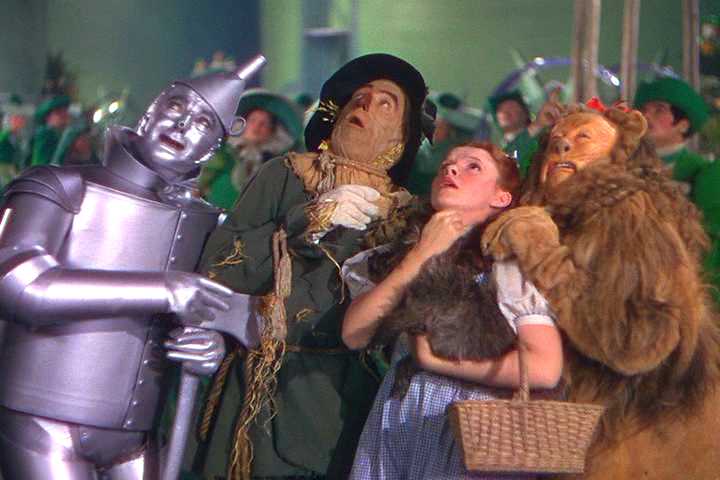

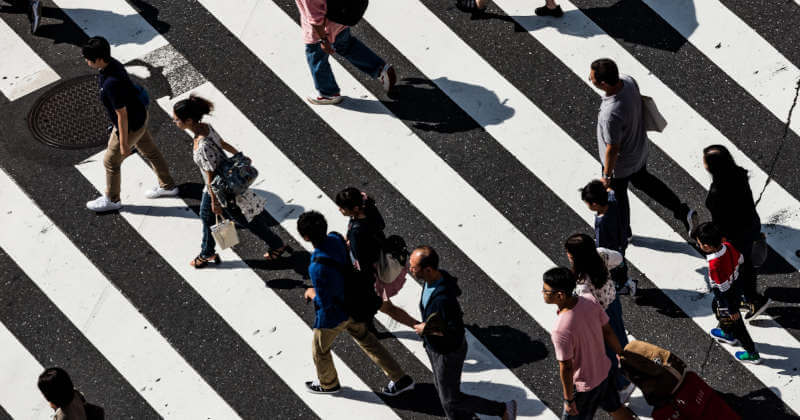

Wow! Well done Ricky! One of my favorites !
How thoughtful, Rick. I enjoy watching parents walking, biking, and skateboarding with their children on the way to our nearby public elementary school, not far from the private school you note. I rarely see such interaction between parents and children as they motor by in their luxury vehicles to the latter.